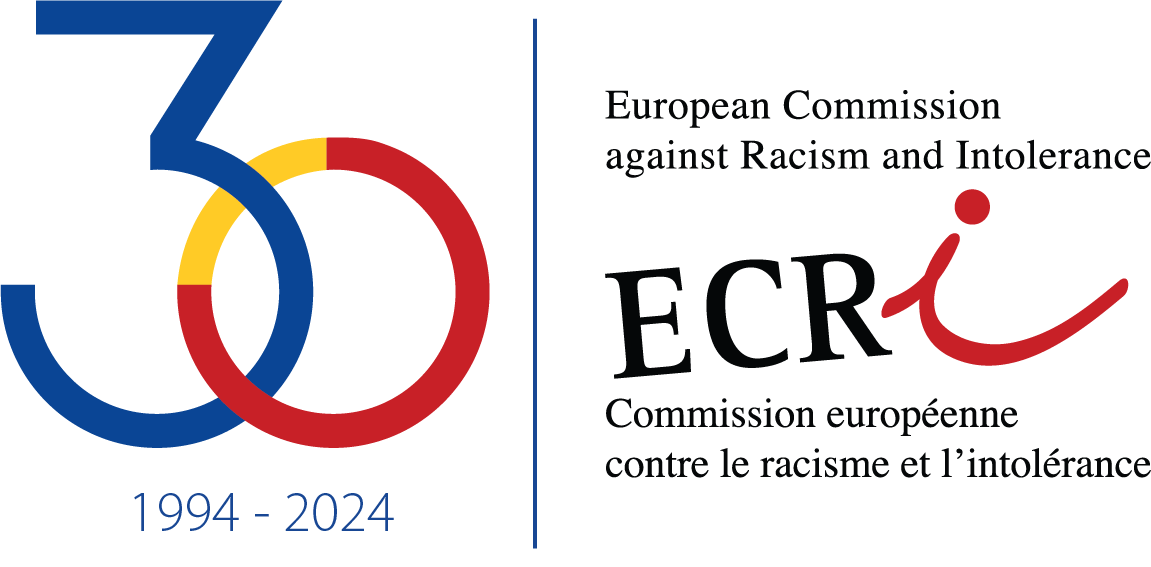In a report published today, the Council of Europe Anti-racism Commission (ECRI) calls on the Liechtenstein authorities to develop specific anti-discrimination legislation and establish an information and support centre for migrants (see also the German version of the report).
ECRI notes a number of positive developments since the previous evaluation of Liechtenstein in 2018, including an awareness-raising campaign against discrimination and hate speech, legal developments strengthening LGBTI equality, and comprehensive support and legal assistance for hate crime victims. ECRI further warmly welcomes the adoption of an integration strategy and a related action plan, including measures therein to promote equality, combat racism and discrimination and to train public officials. The strategy is based on a study on problems that different groups of migrants face, drafted in line with a previous recommendation by ECRI.
ECRI also commends Liechtenstein’s decision to grant protection to Ukrainian nationals displaced in the context of Russia’s war of aggression against their home country, which entails rights similar to those granted under international protection.
However, despite the progress achieved, some issues give rise to concern.
First, the financial and human resources of the Association for Human Rights, which performs the tasks of Liechtenstein’s equality body, appear too scarce to allow it to effectively prevent and combat racism and intolerance, including by means of research and investigations. Its partial reliance on donations, rather than solely annual budgets approved by Parliament, may put its independence at risk, according to ECRI.
Moreover, very few institutions in Liechtenstein collect, and even fewer publish, equality data on matters such as national or ethnic origin, citizenship, religion, migrant and other statuses, which leaves the authorities without a foundation for adopting well informed equality legislation, policies and strategies. It follows that ECRI remains concerned about the lack of comprehensive anti-discrimination legislation, which prevents discrimination against certain groups to be challenged in administrative proceedings or in civil courts.
Although public incitement to hatred or discrimination are criminalised, gender identity and sex characteristics are still missing from the prohibited grounds.
Apart from a website for migrants launched by the authorities (in German only), there is no designated public sector office specifically dedicated to providing information, responding to migrants’ queries or co-ordinating relevant services made available for migrants.
As a consequence, ECRI considers that action should be taken in a number of areas.
As a matter of priority, the authorities should initiate the drafting of a bill for a specific anti-discrimination act, including by means of establishing a working group or consultations with the Association for Human Rights and civil society. They should also establish an information and support centre or designate an office tasked with co-ordinating other public authorities’ efforts to facilitate integration and to serve as a one-stop information and service point for migrants.
The authorities should also develop a legal framework explicitly regulating the conditions and procedures concerning legal gender recognition and establish clear guidelines concerning gender reassignment procedures, in accordance with ECRI’s General Policy Recommendation No. 17 on preventing and combating intolerance and discrimination against LGBTI persons as well as other relevant Council of Europe standards.
Finally, the authorities should expand the mandate of the police digital crime unit to explicitly include the monitoring of online hate speech and ensure that, where a hate speech incident possibly amounting to a violation of relevant criminal provisions is detected, it is the subject of effective investigations.




